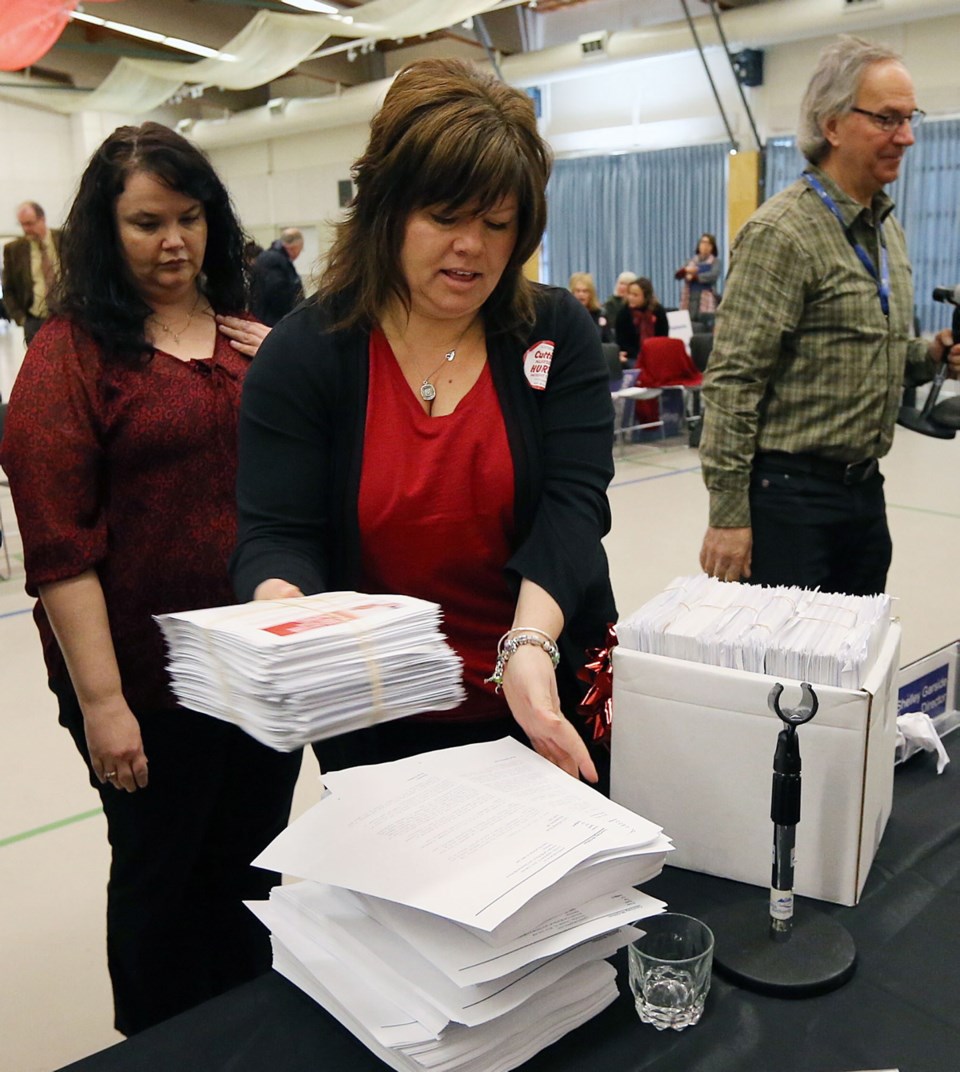Island Health is adding 113 new care aides to Greater Victoria hospitals as part of a controversial staffing model to be introduced this spring, according to a bulletin posted Wednesday.
The B.C. Nurses’ Union did not have time to crunch the numbers Wednesday, but nurses say they anticipate the result will be the same: professional nurses replaced by unlicensed care aides.
The numbers released Wednesday also include a reduction of 38 registered nurses and 29 licensed practical nurses at Royal Jubilee and Victoria General hospitals.
Island Health’s Care Delivery Model Redesign has been contentious since it was introduced at Nanaimo Regional General Hospital in September.
Now called the new Patient Care Model by Island Health, the approach has sparked large protests and petitions on Vancouver Island and criticism from nurses.
The reaction has pushed back expansion of the model at Victoria General and Royal Jubilee hospitals from mid-January to April 23 as Island Health reviews its effects and the concerns of Nanaimo staff.
Island Health says the addition of health care aides to nursing teams will free registered nurses to do more supervisory and specialized work.
The health authority says the plan will also help combat nursing job vacancies, stem an impending nursing shortage and reduce overtime — $4.4 million at Royal Jubilee Hospital, $2.7 million at Victoria General Hospital, and $17.6 million Island-wide from August 2012 through August 2013.
The most controversial aspect of the model is a team approach that involves a new way of grouping, staffing and scheduling registered nurses and licensed practical nurses with the addition of care aides.
While the BCNU says it supports the addition of care aides, it believes Island Health is replacing professional nurses with unlicensed care aides and putting patient safety at risk.
According to an Island Health survey released Tuesday by the union, most nurses working at Nanaimo Regional General Hospital say they wouldn’t be comfortable having a family member as a patient on their unit since the staffing changes were made.
The survey, conducted a month after the changes were made, showed that 88 per cent of nurses who responded were concerned about the effect of the changes on patient care.
BCNU president Debra McPherson said Tuesday that the early indications of things going wrong — including not enough nurses for patients and logistical problems — “were strong enough that the experiment should just have been shut down.”
Along with the addition of 113 care aide positions, the numbers released Wednesday by Island Health also show a reduction of 13 registered nurses and 13 licensed practical nurses at Royal Jubilee Hospital, and 25 registered nurses and 16 licensed practical nurses at Victoria General Hospital from the hospital units’ current rotations.
No nurses will lose their jobs but some will likely be reassigned to fill relief and vacant positions as part of the new care model, Island Health said.
Initially, Island Health said there would be 55 fewer registered nurses, 38 fewer licensed practical nurses, and 131 more care aides in the hospitals’ rotations, but the baseline data offered in Wednesday’s bulletin was different, making it difficult to immediately compare the adjustments.
Registered nurse Adriane Gear, BCNU regional chairwoman, said she has not seen the details behind the numbers presented Wednesday by Island Health but said the bottom line looks like it will remain the same, with nursing staff being replaced by care aides at the bedside of acutely ill patients.
“We are all in worse shape,” Gear said.



